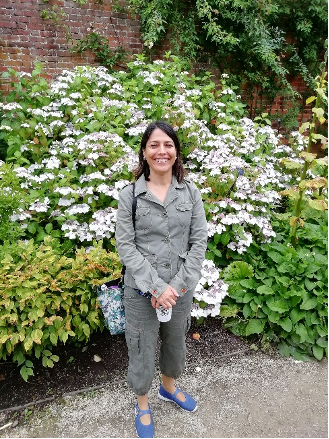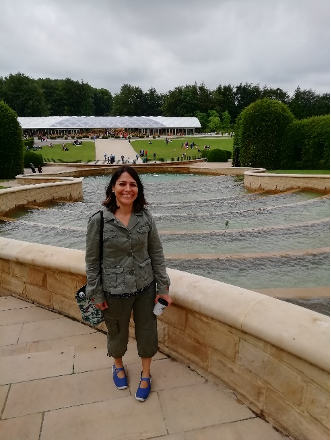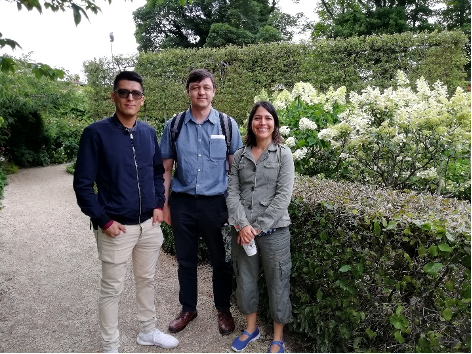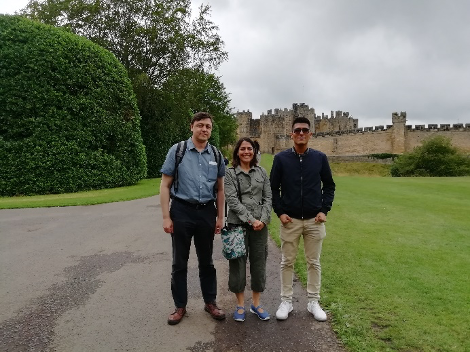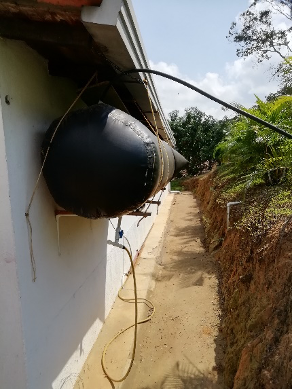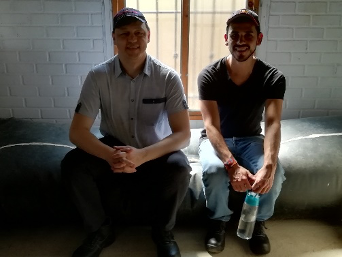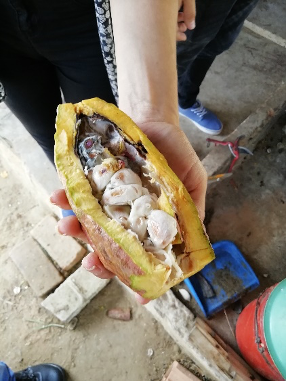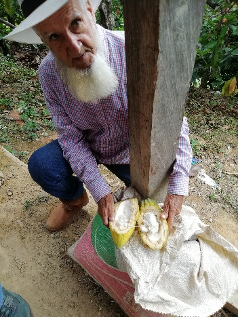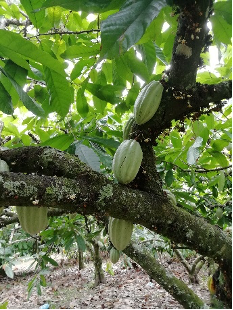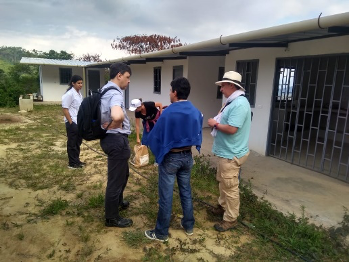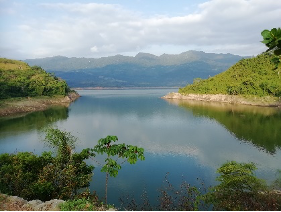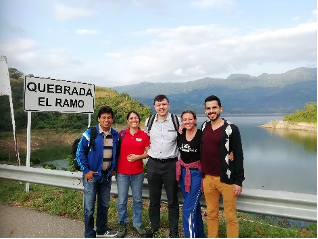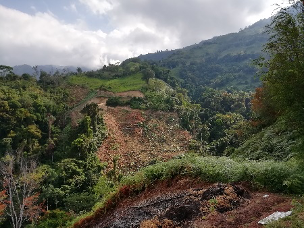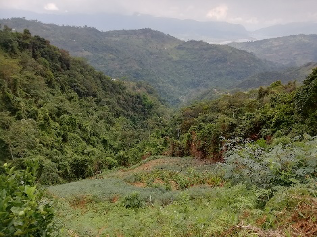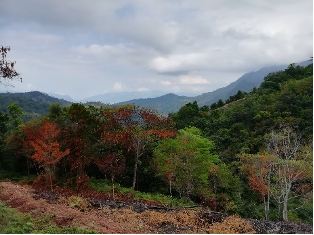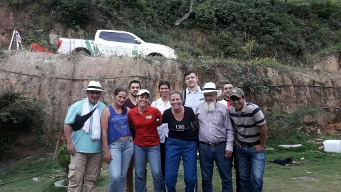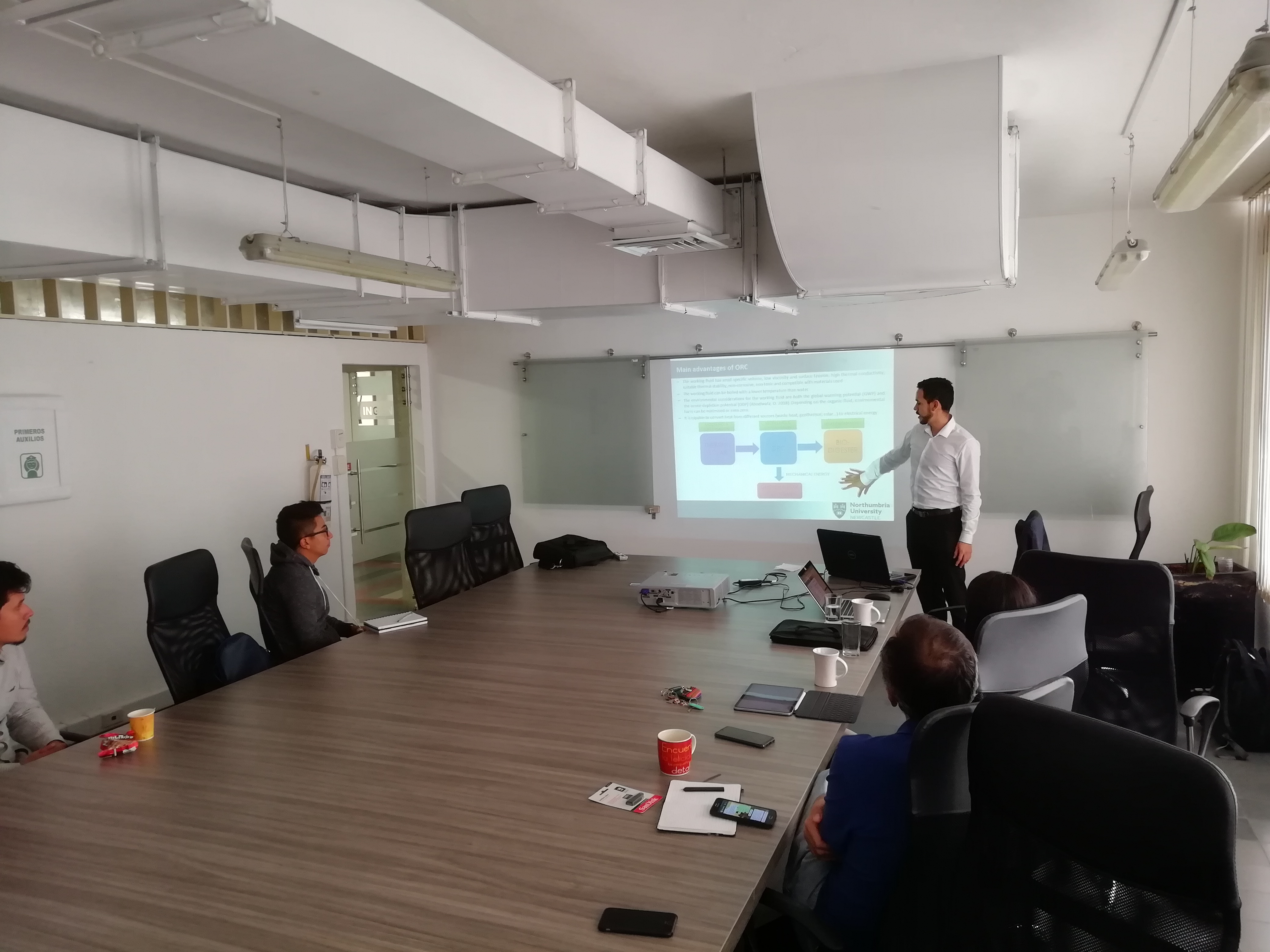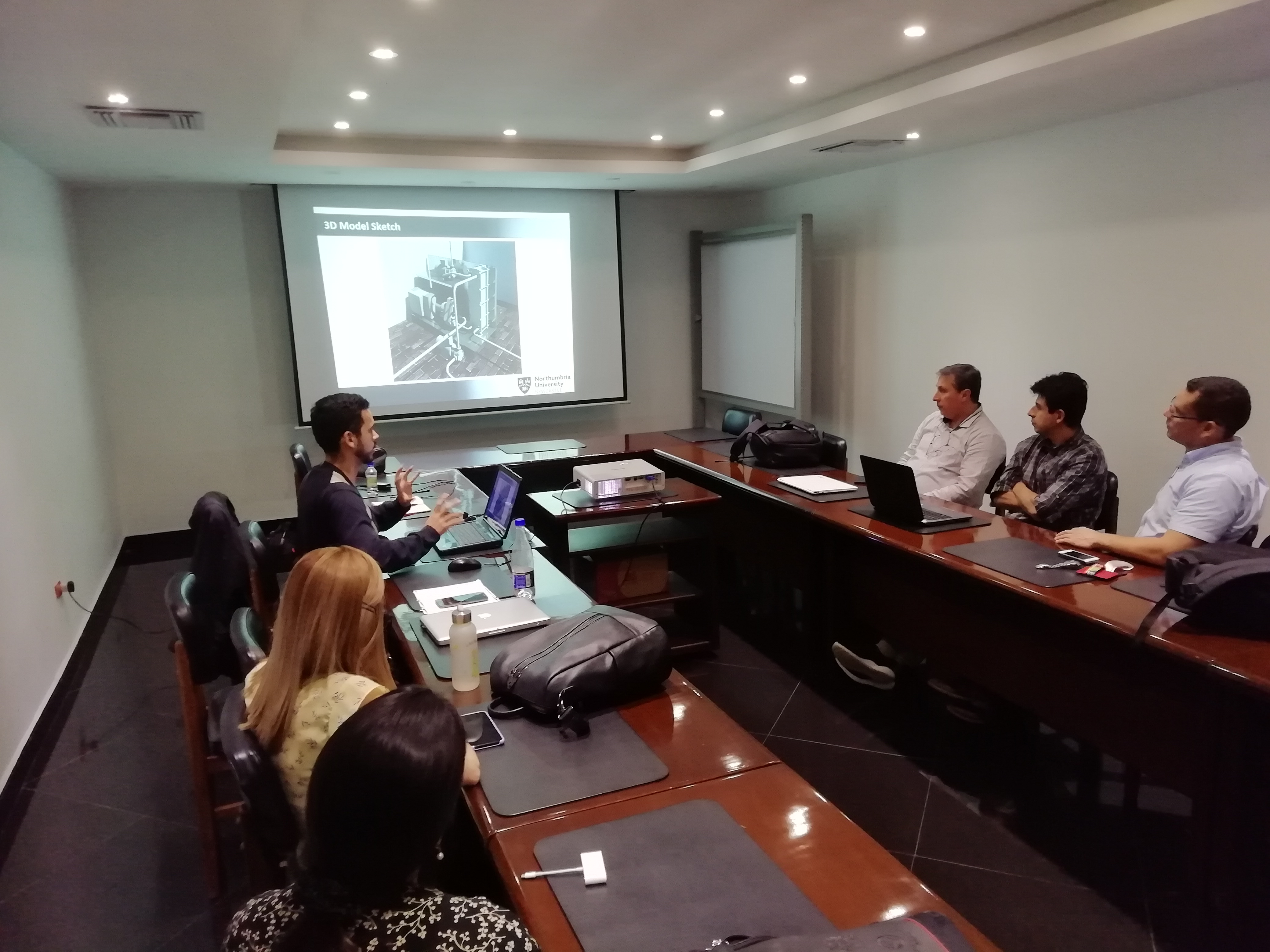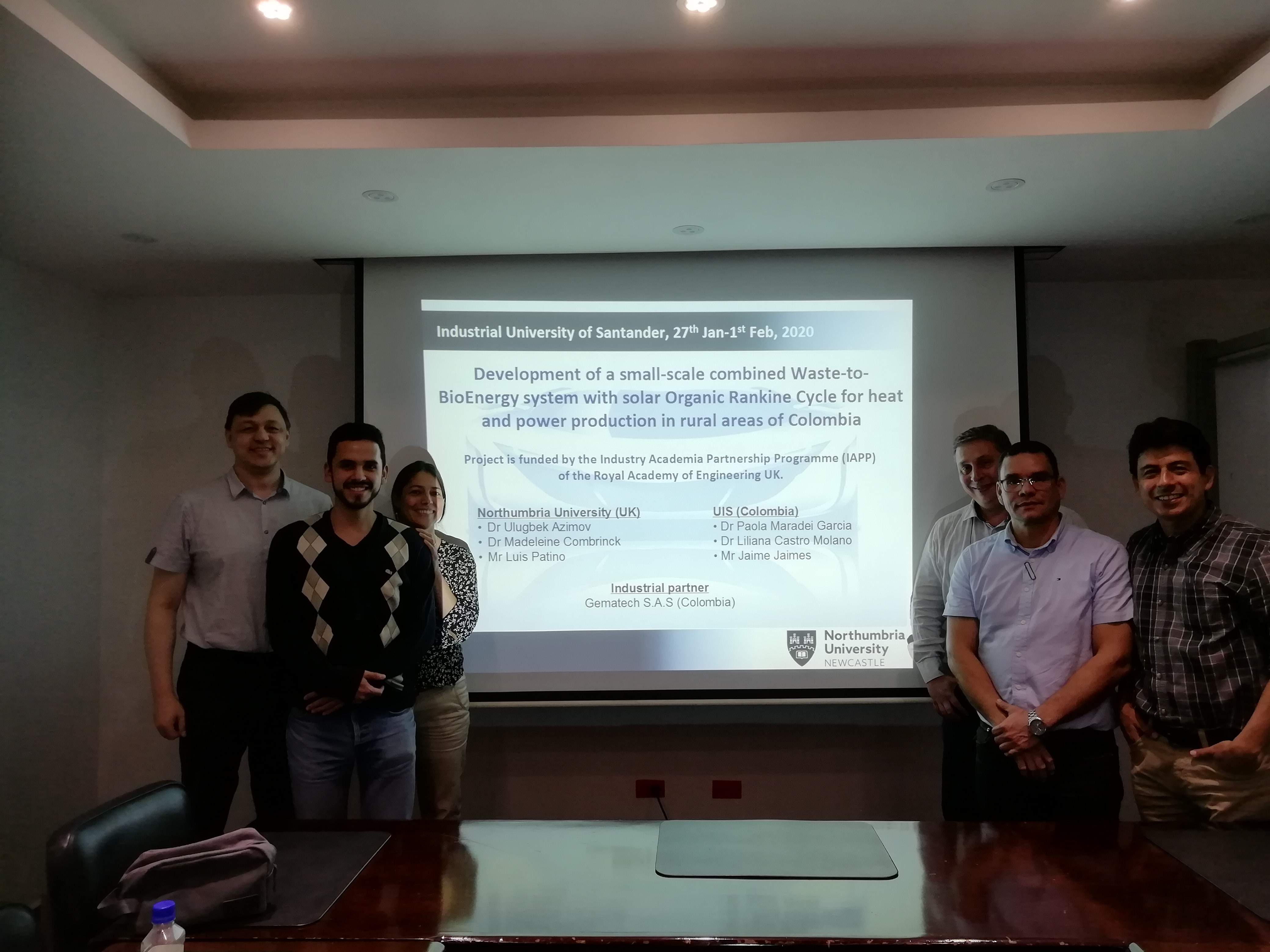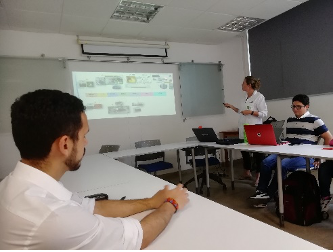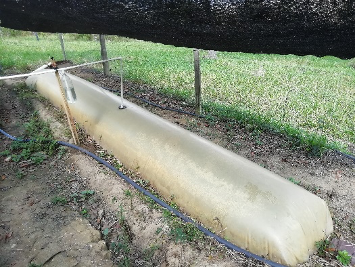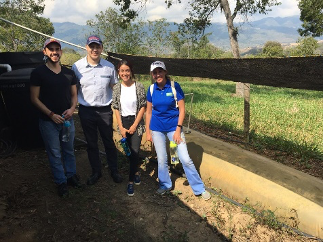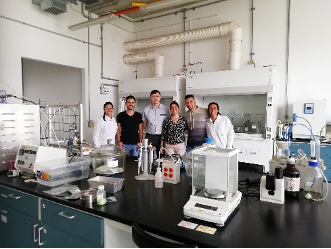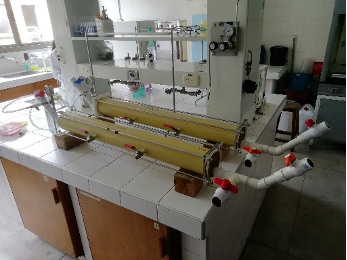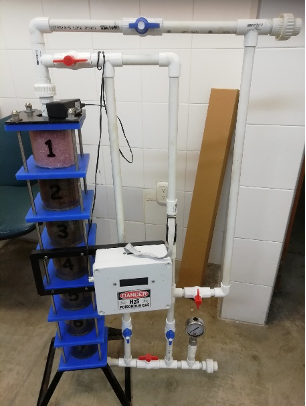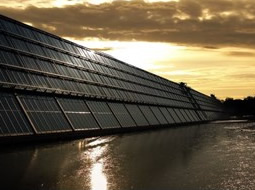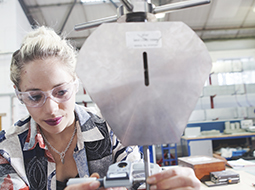-
Study
-
Quick Links
- Open Days & Events
- Real-World Learning
- Unlock Your Potential
- Tuition Fees, Funding & Scholarships
- Real World Learning
-
Undergraduate
- Application Guides
- UCAS Exhibitions
- Extended Degrees
- School & College Outreach
- Information for Parents
-
Postgraduate
- Application Guide
- Postgraduate Research Degrees
- Flexible Learning
- Change Direction
- Register your Interest
-
Student Life
- Students' Union
- The Hub - Student Blog
- Accommodation
- Northumbria Sport
- Support for Students
-
Learning Experience
- Real-World Learning
- Research-enriched learning
- Graduate Futures
- The Business Clinic
- Study Abroad
-
-
International
International
Northumbria’s global footprint touches every continent across the world, through our global partnerships across 17 institutions in 10 countries, to our 277,000 strong alumni community and 150 recruitment partners – we prepare our students for the challenges of tomorrow. Discover more about how to join Northumbria’s global family or our partnerships.
View our Global Footprint-
Quick Links
- Course Search
- Undergraduate Study
- Postgraduate Study
- Information for Parents
- London Campus
- Northumbria Pathway
- Cost of Living
- Sign up for Information
-
International Students
- Information for International Students
- Northumbria and your Country
- International Events
- Application Guide
- Entry Requirements and Education Country Agents
- Global Offices and Regional Teams
- English Requirements
- English Language Centre
- International student support
- Cost of Living
-
International Fees and Funding
- International Undergraduate Fees
- International Undergraduate Funding
- International Masters Fees
- International Masters Funding
- International Postgraduate Research Fees
- International Postgraduate Research Funding
- Useful Financial Information
-
International Partners
- Agent and Representatives Network
- Global Partnerships
- Global Community
-
International Mobility
- Study Abroad
-
-
Business
Business
The world is changing faster than ever before. The future is there to be won by organisations who find ways to turn today's possibilities into tomorrows competitive edge. In a connected world, collaboration can be the key to success.
More on our Business Services-
Business Quick Links
- Contact Us
- Business Events
- Research and Consultancy
- Education and Training
- Workforce Development Courses
- Join our mailing list
-
Education and Training
- Higher and Degree Apprenticeships
- Continuing Professional Development
- Apprenticeship Fees & Funding
- Apprenticeship FAQs
- How to Develop an Apprentice
- Apprenticeship Vacancies
- Enquire Now
-
Research and Consultancy
- Space
- Energy
- AI Futures
- CHASE: Centre for Health and Social Equity
- NESST
-
-
Research
Research
Northumbria is a research-rich, business-focused, professional university with a global reputation for academic quality. We conduct ground-breaking research that is responsive to the science & technology, health & well being, economic and social and arts & cultural needs for the communities
Discover more about our Research-
Quick Links
- Research Peaks of Excellence
- Academic Departments
- Research Staff
- Postgraduate Research Studentships
- Research Events
-
Research at Northumbria
- Interdisciplinary Research Themes
- Research Impact
- REF
- Partners and Collaborators
-
Support for Researchers
- Research and Innovation Services Staff
- Researcher Development and Training
- Ethics, Integrity, and Trusted Research
- University Library
- Vice Chancellors Fellows
-
Research Degrees
- Postgraduate Research Overview
- Doctoral Training Partnerships and Centres
- Academic Departments
-
Research Culture
- Research Culture
- Research Culture Action Plan
- Concordats and Commitments
-
-
About Us
-
About Northumbria
- Our Strategy
- Our Staff
- Our Schools
- Place and Partnerships
- Leadership & Governance
- University Services
- Northumbria History
- Contact us
- Online Shop
-
-
Alumni
Alumni
Northumbria University is renowned for the calibre of its business-ready graduates. Our alumni network has over 253,000 graduates based in 178 countries worldwide in a range of sectors, our alumni are making a real impact on the world.
Our Alumni - Work For Us
Programme name: Industry-Academia Partnership Programme, Royal Academy of Engineering
Project partners: Northumbria University (UK); Universidad Industrial de Santander (Colombia); Gematech SAS (Colombia)
Project title: Development of a small-scale combined Waste-to-BioEnergy system with solar Organic Rankine Cycle for heat and power production in rural areas of Colombia.
|
Project lead (UK): Dr Ulugbek Azimov Associate Professor of Mechanical Engineering Northumbria University ulugbek.azimov@northumbria.ac.uk |
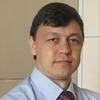
|
|
Project co-lead (UK): Dr Madeleine Combrinck Senior Lecturer in Mechanical Engineering Northumbria University |
 |
|
Project leads (Colombia): |
|
|
Prof Paola Gautier-Maradei Professor of Chemical Engineering Universidad Industrial de Santander |
 |
|
Dr Liliana Castro Molano Associate Professor of Chemical Engineering Universidad Industrial de Santander licasmol@uis.edu.co |
 |
|
Industrial partner: Dr Javier Mauricio Castellanos Gematech SAS castelarte@yahoo.com |
 |
|
Mr Luis Patino Master of Science in Renewable and Sustainable Energy Technologies, Northumbria University |
 |
|
Dr Claudia Tavera PhD in Chemical Engineering Universidad Industrial de Santander |
 |
|
Mr Jaime Jaimes-Estévez Master of Science in Chemical Engineering Universidad Industrial de Santander |
 |
As a developing economy, Colombia is facing a formidable challenge in navigating through a complex energy demand-supply gap and waste problem. The country's energy supply is highly centralized and relies excessively on the state energy company. Lack of infrastructure has led to poor electrification in rural areas, which are sparsely located and populated by low-income communities who pay a subsidized tariff that increases the burden of government spending. Whereas the demand in rural areas is estimated up to 30% of the total number, penetration of reliable energy supply to these areas is still limited. At the same time, waste continuously produced as by-products of daily consumption is also an issue. The waste is increasingly dominated by non-naturally degradable materials and is unfortunately still largely disposed as landfills or openly burned, causing health and environmental hazards. If not properly handled, the accumulated waste will pose a greater threat to the environment in rural communities. The project will develop a comprehensive system of Waste-to-BioEnergy (WtBE) that includes integrated solar Organic Rankine Cycle to generate electricity. The developed small-scale system will convert organic waste to biogas and generate electricity for farms and rural areas of Colombia. This project will have an impact on a variety of stakeholders at different levels: for individuals it will contribute to a cleaner environment and wellbeing; for organisations, it will initiate new R&D projects and investments to WtBE sector; for Colombian economy it will help to contribute to the government’s electrification policy that tends to supply electricity in remotely populated areas. The project will initiate joint Industry-Academia research involving academic partners Universidad Industrial de Santander in Colombia and University of Northumbria in the UK and an industrial partner, Gematech S.A.S in Colombia, on development and implementation of a small-scale WtBE systems with integrated solar heat recovery.
1. To develop a new comprehensive thermodynamic model that incorporates tools to describe the small-scale WtBE and solar heat-to-electricity conversion and design of a solar ORC for small-scale WtBE system.
2. To carry out the system functionality analysis by validating the model against the required heat and electrical power generation by small-scale WtBE system in local areas of Colombia and establish links with local industries for development of cost-effective manufacturing of system components.
3. To establish a research group at UIS with the focus on waste-to-energy research and application of research outcomes into teaching programmes of UIS and Northumbria University.
1. Formulation and characterization of local crop residue, cacao waste, food waste, wastewater available in rural areas of Colombia and their calorific values. Analysis of the requirements for small-scale Waste-to-BioEnergy (WtBE) system to be used in rural areas of Colombia.
2. Analysis of biogas production cycle on a small scale – survey the consumption and energy production and environmental impacts at different life cycle stages. Study of possible intermediate end products such as primarily alcohols, aldehydes, and organic acids co-occurring during waste-to-energy conversion process in anaerobic digestion.
3. Development of comprehensive thermodynamic model of waste-to-energy conversion.
4. System design of integrated small-scale solar ORC and run of a series of simulations for system optimizsation. Design of individial components for solar ORC.
5. Coupling WtBE modular system with solar ORC modular system.
6. Development of a final system design for WtBE with solar ORC.
7. Development of the local energy supply and demand mapping.
8. Participation in the Webinar in Colombia on WtBE systems and power production.
9. Development of pre-industrial concept of WtBE with integrated solar ORC to be implemented in local areas of Colombia.This will be led by UIS with involvement of Northumbria University and Gematech S.A.S.
10. Development of teaching course “Waste-to-BioEnergy Conversion: System Modeling and Design”. This will be collaboratively developed by Northumbria University and UIS. The course will be incorporated into the curriculum of Renewable Energy programmes of Northumbria University and UIS and will include case studies produced and supported by Gematech S.A.S.
Publications
1. W. Foster, U Azimov, P Gauthier-Maradei, LC. Molano, M. Combrinck, J. Munoz, JJ. Esteves, L. Patino. Waste-to-energy conversion technologies in the UK: processes and barriers – a review. Renewable and Sustainable Energy Reviews, Vol.135, 2020, pp.110226
https://www.sciencedirect.com/science/article/pii/S1364032120305153
2. Luis Felipe Patiño, Ulugbek Azimov, Claudia P. Tavera, Javier Mauricio Castellanos, Liliana Castro and Paola Gauthier-Maradei. Design, modelling and optimisation of a small-scale Solar Organic Rankine Cycle system for rural power generation. The 4th International Conference on Renewable Energy and Environment Engineering, Florence Italy, 27-30 August 2021. http://www.reee.net/
Presentations
The preliminary results of this project have been presented at the RedBioLAC webinar in Latin America:
Title: Improving the performance of anaerobic biodigestion through the implementation of the solar Organic Rankine Cycle.
Link: https://www.youtube.com/watch?v=w8nraOOg_ZU
Thermodynamic model of waste-to-energy conversion
Waste-to-BioEnergy system with solar Organic Rankine Cycle system design
Teaching course
Waste-to-BioEnergy system with solar Organic Rankine Cycle demonstration prototype
Visit to UK by Colombian partners July 2019
Visit to Colombia by UK partners January 2020
Researchers within our Future Engineering multidisciplinary research theme are exploring what technologies will be heating our homes and driving our cars in 20 years time.
Get an insight into life at Northumbria with videos and 360 panoramas of the Department of Mechanical and Construction Engineering.
Latest News and Features

Northumbria expands results day support for students
Northumbria University is expanding and enhancing the support it provides to students receiving…
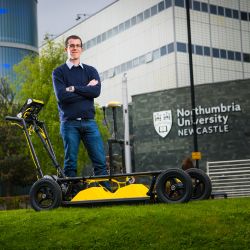
Northumbria University to host prestigious international conference on GPR technology
Scientists, engineers and researchers using and developing Ground Penetrating Radar (GPR) technology…
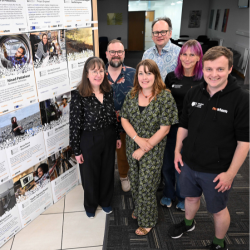
Northumbria STEM outreach project marks major milestone
An outreach group from Northumbria University is celebrating a decade of STEM engagement in…

EXPERT COMMENT: AI is gobbling up water it cannot replace – I’m working on a solution
In this article originally written for The Conversation*, Dr Muhammad Wakil Shahzad, Associate…
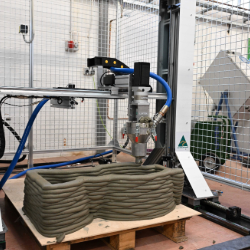
Northumbria awarded EU funding for sustainable 3D-printed construction research
Northumbria University has been awarded a prestigious Marie Skłodowska-Curie Actions (MSCA)…

Northumbria wins recognition for expanding access to higher education
Northumbria University has been named Higher Education Institution of the Year at a prestigious…
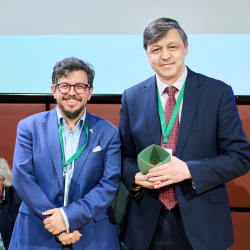
Global recognition for groundbreaking green battery technology
A biodegradable battery developed by researchers at Northumbria University has won a major…

